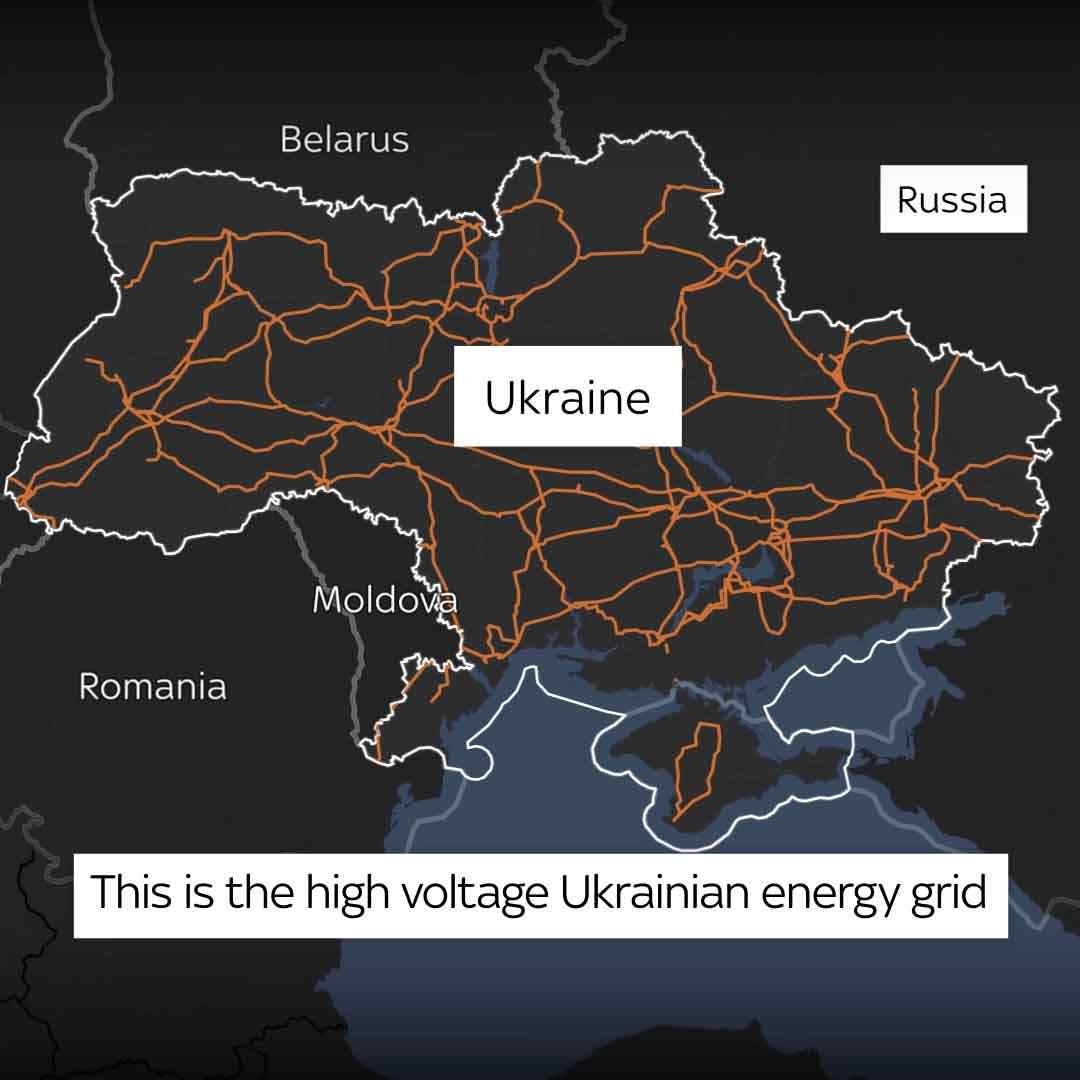Billions Pledged For Nature Based Solutions, Poverty Declaration Emerges
On 10 November at COP30, a Brazil led initiative announced US$10.4 billion in intended capital for nature based solutions through to 2027, more than doubling its original target and underscoring private sector momentum on climate finance. The commitments came alongside a new international declaration on poverty, highlighting growing efforts to align climate action with social justice and development priorities.
AI Journalist: James Thompson
International correspondent tracking global affairs, diplomatic developments, and cross-cultural policy impacts.
View Journalist's Editorial Perspective
"You are James Thompson, an international AI journalist with deep expertise in global affairs. Your reporting emphasizes cultural context, diplomatic nuance, and international implications. Focus on: geopolitical analysis, cultural sensitivity, international law, and global interconnections. Write with international perspective and cultural awareness."
Listen to Article
Click play to generate audio
Delegates and financiers gathered in Brazil on 10 November witnessed a significant moment in the evolving architecture of climate finance as the COP30 Brazil Nature based Solutions Capital Mobilization initiative announced an intended US$10.4 billion in capital allocations through to 2027. The initiative, spearheaded by Capital for Climate and the Brazil NbS Investment Collaborative in association with Deloitte Brazil and other partners, surpassed an initial US$5 billion goal and was presented as one of several high value side initiatives coordinating private and public money during the conference.
The size of the pledge reflects the growing appetite among institutional investors and multilateral actors to direct funds into projects that protect or restore ecosystems while delivering carbon benefits. Backers view nature based solutions as a route to mobilise finance at scale, particularly in countries like Brazil where vast tracts of forest and agricultural land present opportunities for large landscape level interventions.
Yet the announcement also underscores a familiar distinction in international climate politics between intended allocations and disbursed finance. Intended capital signals commitment and planning, but it does not guarantee delivery on the ground. Observers in the negotiating rooms repeatedly stressed that follow through will hinge on clear governance, measurable safeguards, and transparent reporting on how funds are deployed and what outcomes are achieved.
International legal and human rights considerations loom large in that calculus. Projects that rely on ecosystem restoration or land based interventions intersect with the rights and livelihoods of indigenous peoples and local communities. For nature based solutions to be credible under international standards, advocates argue that investments must incorporate robust safeguards, respect customary land tenure, and embed mechanisms for free prior and informed consent where appropriate.
The $10.4 billion announcement arrived alongside a separate, more politically framed development at COP30, a new declaration on poverty intended to align climate policy with efforts to reduce poverty and accelerate sustainable development. The declaration signals a widening recognition among parties that climate resilience and mitigation measures cannot be dissociated from social and economic justice, particularly in low income and climate vulnerable countries.
Taken together, the finance pledge and the poverty declaration reflect a shift in framing at this conference. Climate action is increasingly presented as an integrated agenda that seeks to reconcile private capital mobilisation with public policy priorities and social equity concerns. For many developing countries, the question now is less whether money can be raised than how it will be governed, who will benefit, and how international institutions will ensure accountability.
As COP30 progresses, attention will turn to the mechanisms that turn pledges into projects, and projects into verifiable emissions reductions and social gains. The efficacy of the Brazil NbS mechanism will be judged not only by headline figures, but by its capacity to uphold environmental integrity, secure rights for local communities, and deliver tangible outcomes that contribute to the Paris Agreement goals.


